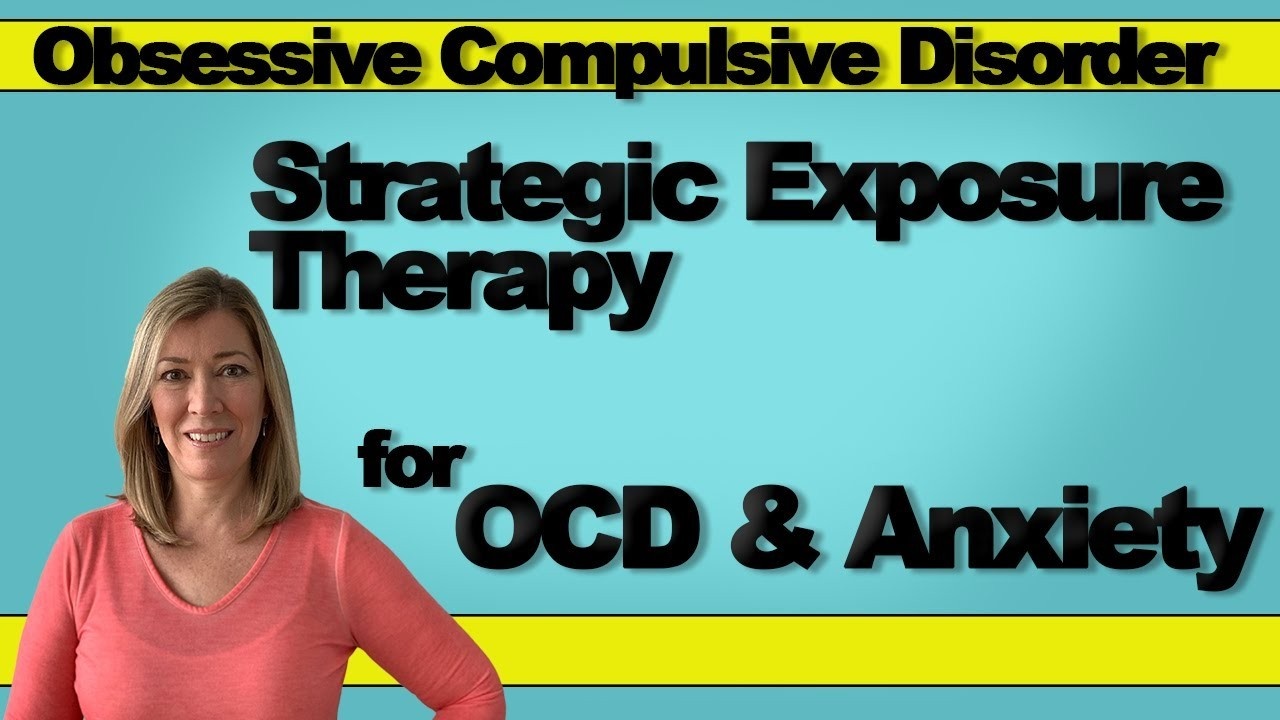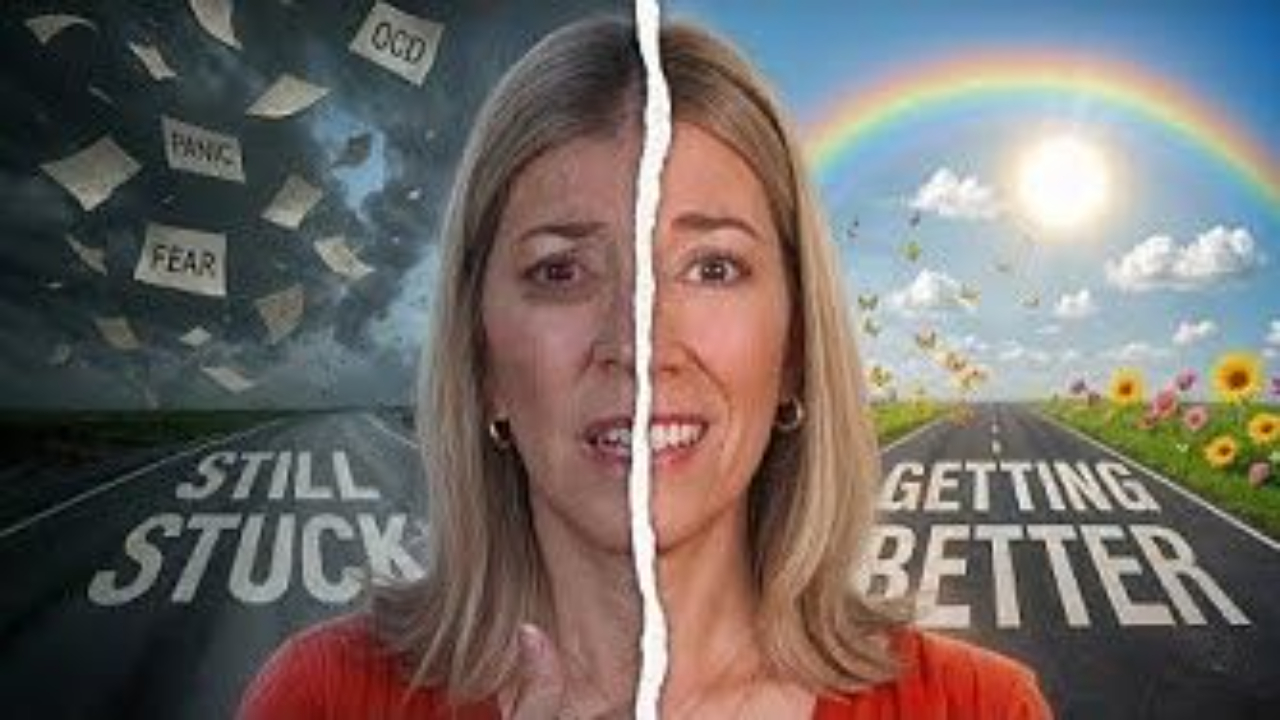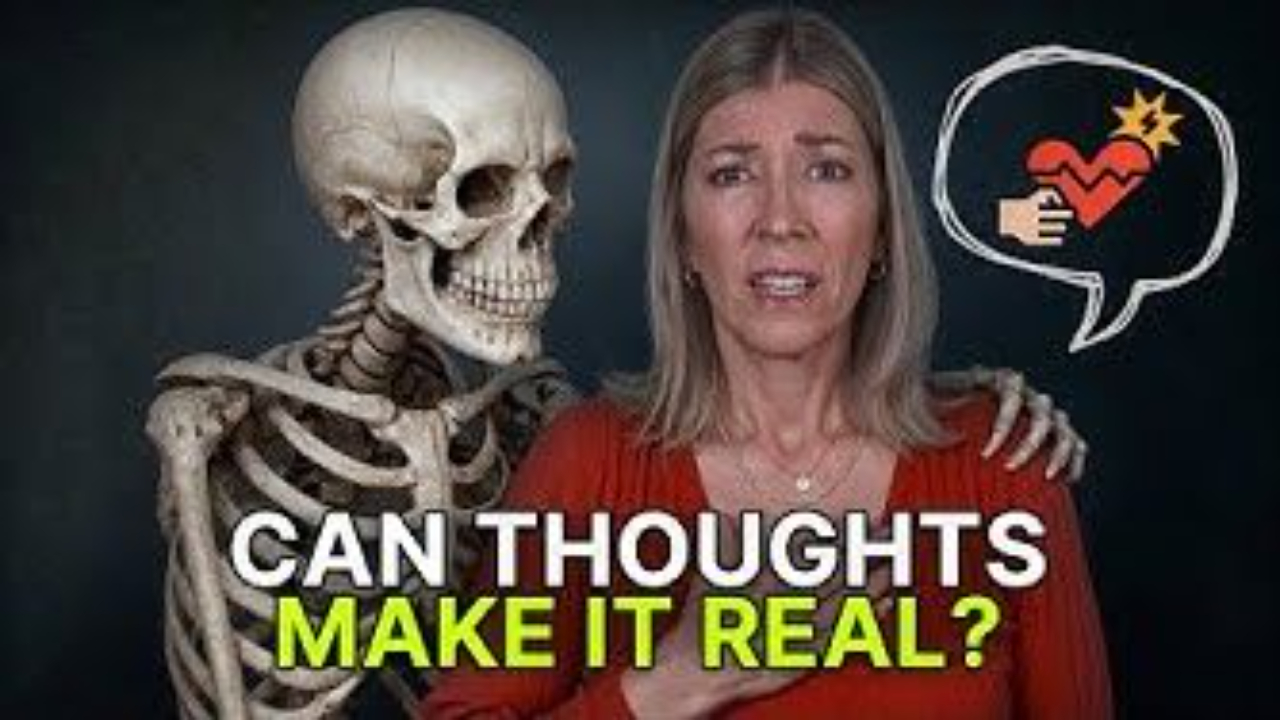
Strategic Exposure Therapy for OCD & Anxiety
Dealing with obsessive-compulsive disorder (OCD) and anxiety can be an immense challenge. These conditions can feel overwhelming, but there's hope for managing them effectively. In this blog post, we'll explore the concept of conquering OCD and anxiety through a powerful technique called Strategic Exposure Therapy, inspired by the teachings of Dr. Reed Wilson, a renowned expert in treating anxiety and OCD. This therapy focuses on externalizing your OCD, shifting your relationship with anxiety, and embracing uncertainty as part of the healing process.
1. Externalizing OCD
The first step in Strategic Exposure Therapy is to externalize your OCD. Imagine your OCD as a separate entity, a small, nagging monster. Visualize yourself as a larger, stronger figure, and your OCD as a small, powerless voice. This visualization helps you understand that OCD is not an integral part of you; it's an intruder you can control. By externalizing OCD, you create psychological distance, making it easier to manage.
2. Shifting Your Relationship with Anxiety
OCD often leads to a desperate desire to get rid of anxiety and uncertainty. However, the key to progress lies in changing your relationship with these feelings. Instead of resisting anxiety, embrace it. Tell yourself, "I want more anxiety. I can tolerate it. I can handle it." This step involves pairing the anxiety triggered by obsessive thoughts with a cognitive message that welcomes it. By repeatedly reinforcing this message, you rewire your brain to accept anxiety as a natural part of life.
3. Doing the Opposite of What OCD Wants
Typically, OCD urges you to resist anxiety and engage in compulsive behaviors. In Strategic Exposure Therapy, you do the opposite. When OCD strikes, don't fight it. Embrace the anxiety, asking for more, and then do nothing. This technique is paradoxical but effective. It challenges the brain's habit of scaring itself with OCD and gradually diminishes its power. By consistently choosing to take the hit of anxiety without performing compulsions, you weaken OCD's grip on your life.

Are you struggling with OCD or Pure O? Do obsessive thoughts, rituals, and compulsions take over your life? Has it been hard to find a specialist to help you?
If you want to get your life back from OCD or Pure O,
this course is for you.
4. Seeking Opportunities for Exposure
The final step involves seeking opportunities for exposure throughout your day. Whenever you experience anxiety or obsessive thoughts, ask for more and do nothing. The goal is to make exposure a continuous practice, ensuring that you confront your fears and uncertainties regularly. This strategic approach ensures that you accumulate exposure experience consistently.
Why Strategic Exposure Therapy Works
Strategic Exposure Therapy is considered an exposure exercise because it mirrors the principles of traditional exposure therapy but integrates them seamlessly into daily life. By continually confronting anxiety and uncertainty, you build resilience over time. This technique is effective because it doesn't rely on specific themes of obsessive thoughts but focuses on the underlying emotions and feelings associated with OCD.
Important Considerations
In the pursuit of conquering OCD and anxiety with Strategic Exposure Therapy, it's crucial to adhere to certain guidelines:
- Avoid reassurance-seeking behaviors and safety measures.
- Steer clear of avoidance behaviors that reinforce OCD.
- Eliminate secondary gains that may inadvertently support your OCD.
- If you're taking benzodiazepines, consult your doctor about tapering off, as these medications can hinder exposure therapy's effectiveness.
Conquering OCD and anxiety is possible with determination and the right approach. Strategic Exposure Therapy, with its focus on externalizing OCD, shifting your relationship with anxiety, doing the opposite of what OCD wants, and seeking opportunities for exposure, offers a promising path to recovery. Remember that working closely with a qualified therapist who specializes in this approach can provide valuable guidance and support on your journey to overcoming OCD and anxiety. Embrace uncertainty, and you can take significant steps toward a healthier, more fulfilling life.
Let's Keep in Touch
Subscribe to My Newsletter
We hate SPAM. We will never sell your information, for any reason.







